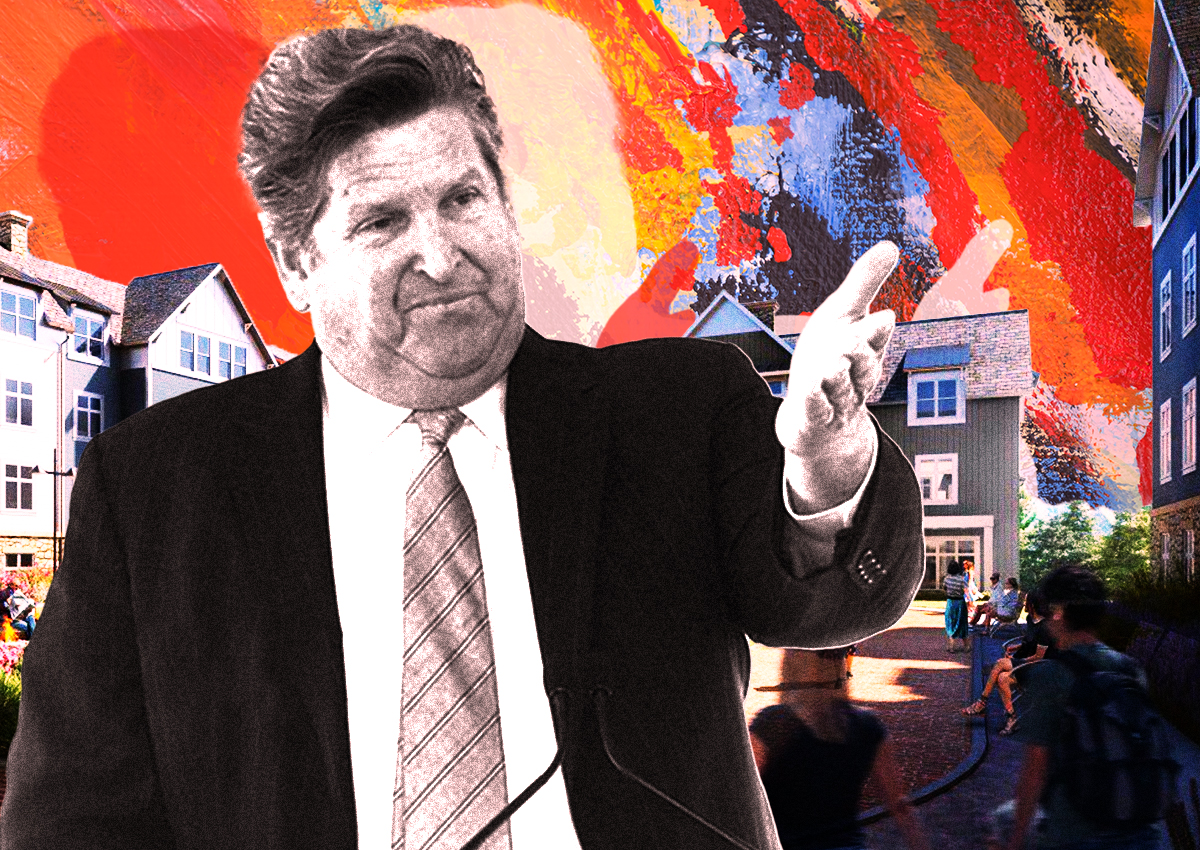Complaints from two different clients resulted in two very different outcomes for a pair of Brown Harris Stevens agents in the Hamptons.
Shauncy Claud, a Black woman, faced swift termination after a homeowner’s daughter called a senior executive to report “rude treatment” in a phone call with the broker. Claud alleged in a subsequent wrongful termination lawsuit she was treated differently because of her race and a judge agreed, awarding nearly $800,000 in damages.
“Shauncy is someone who could easily try to break in and do damage after being fired,” wrote Aspasia “Cia” Comnas in a 2017 email explaining why the firm should wait a few days before firing Claud.
Claud, who joined the Southampton office in November 2016 and was the only Black agent in all of the branch’s six offices, claimed her manager treated her differently than her white colleagues. Throughout her time at the brokerage, she described in the lawsuit, senior executive director Robert Nelson would make comments about her race and refused to mentor her despite her repeated requests.
Her alleged experience at the firm and firing after a tense phone call is a stark contrast to that of Christopher Burnside, a white man regularly recognized as a top performer for the brokerage, despite multiple allegations of inappropriate behavior.
Burnside, who has been with BHS since 1999 and is ranked third among the firm’s top-selling agents, is still employed after homeowners sued him over a “sexcapade” with a broker, who still works on his team, in their home instead of hosting an open house.
The disparity between the two cases raises questions about how the firm — and the industry at large — treats agents, particularly those of color, as it continues to struggle with inclusivity.
BHS declined to comment on this story.
The trouble in the tri-state
Claims of racial discrimination have plagued brokerages in the tri-state area for their treatment of people of color both inside and outside of office walls.
A three-year investigation by Newsday found in 2019 brokers at several firms on Long Island, including Douglas Elliman and Century 21, routinely steered Black buyers away from majority white neighborhoods, among other claims.
In the Hamptons, the founders of the luxury brokerage Bespoke are facing allegations of racial discrimination.
A former agent and executive at the firm claimed in a March lawsuit Cody and Zachary Vichinsky made overtly racist comments and allowed other employees to use racial slurs against a Black agent, Jarret Willis. Screenshots filed last week in the New York Supreme Court case detail multiple incidents of such language, which the brokerage has denied.
Industry membership and pay parity have risen in the national spotlight. Only 6 percent of real estate agents are Black, compared to 14 percent of Americans, according to 2020 data from the National Association of Realtors. A survey by the group found white real estate agents made about three times more than their Black colleagues.
Publicly, BHS has been quick to stress equality.
“If you’re running a real estate company, you have to insist that your professionals treat everyone fairly,” CEO Bess Freedman told The Real Deal in response to reports of Long Island brokers racially discriminating against buyers. “You cannot tolerate anything else.”
Internally, the firm’s actions appear more equivocal.
Claud was fired after a single complaint, while the brokerage has stood by Burnside despite receiving multiple complaints from clients about his behavior, according to documents obtained by TRD.
After a lawsuit brought by a client surfaced accusing Burnside of having sex with his associate, Aubri Peele, in a client’s Southampton home in May 2021, Freedman sent an internal email obtained by TRD promising an investigation into the situation.
“The Real Deal recently reported on an alleged incident describing inappropriate behavior involving our agents that Brown Harris Stevens in no way condones,” states the email, which promised to reach “an appropriate resolution as soon as possible.”
“BHS takes these allegations seriously and continues to investigate the matter internally,” the email continues.
It’s unclear if any punishment was levied against Peele or Burnside, whom the clients said in the suit admitted to the claims when confronted with security camera footage. More than a year after the case was settled confidentially, the pair continue to work together.
The suit came after Burnside had previously been mentioned in a 2019 complaint involving a different BHS broker filed with the New York Division of Licensing Service. In the complaint, a client alleged BHS broker Jane Holden steered his mother’s estate to Burnside’s wife, Rebecca Fenimore, at a generous discount. The contract fell through after the client complained.
The New York Division of Licensing Services did not discipline Holden over the complaint.
Burnside demonstrated similarly questionable behavior outlined in Claud’s 2018 lawsuit, when he swooped in on one an exclusive property listing against company policy. Claud asked her manager to address the discrepancy, but he only did so after the homeowner called to complain.
The nature of brokerage is also a snag in executing such a suit: Claud told the New York Times she contacted over 50 lawyers until her attorneys, Dan Schreck and former New York attorney general Oliver Koppell, agreed to take her case. Those who denied Claud initially told her she likely wouldn’t win, as few discrimination cases involve independent contractors.
“In almost 20 years, this is my first,” Schreck told the Times.
BHS refuted allegations of misconduct and said it would appeal the court’s decision in Claud’s case.
Read more



